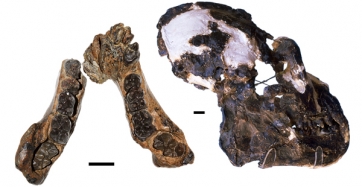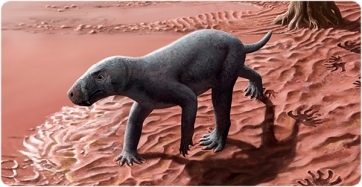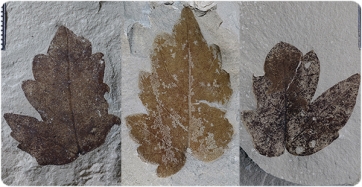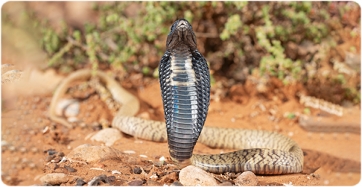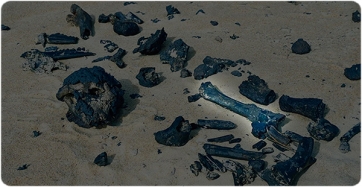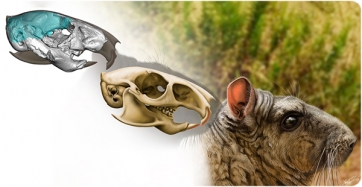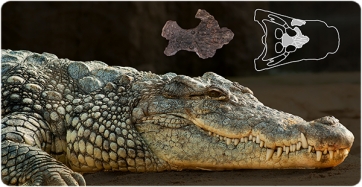ICP News
A review paper on the mysterious Miocene ape Oreopithecus, published in the occasion of the 150th anniversary of its original description, revisits its controversial kinship relationships within other apes. Further research on Oreopithecus is key to better resolving the muddled evolutionary history of Miocene apes as a whole.
An international research team led by the Institut Català de Paleontologia Miquel Crusafont (ICP-CERCA) and the Museu Balear de Ciències Naturals (MUCBO | MBCN) have described a fossil animal that lived between 270 and 280 million years ago in present-day Mallorca. The discovery is exceptional, not only because of the…
A new species of fossil plant from the grapevine family has been described in Catalonia
17 Sep 2024
242 times
A research team involving the Institut Català de Paleontologia Miquel Crusafont (ICP-CERCA) and the Universitat de Barcelona has identified a new fossil species, Nekemias mucronata, through the study of nearly a hundred leaves found in Cervera (Lleida). The study, published in the journal Journal of Systematics and Evolution, provides new…
Prof. Meike Köhler—ICREA research professor and leader of the Life History Research Group of the ICP—deservedly retired on September 8, 2024 after a long and fruitful trajectory as a researcher. From the ICP, we would like to acknowledge the work performed by her during all these years, as well as…
The Institut Català de Paleontologia Miquel Crusafont (ICP) has integrated the CORA.eina DMP tool to improve its data management plans. This strategic move aims to enhance the accessibility and preservation of research data of the center, aligning with the latest standards and best practices.
A new study led by researchers from the Institut Català de Paleontologia Miquel Crusafont (ICP) provides new information about the presence of cobras in the Iberian Peninsula during the Miocene. The research, published in the journal Papers in Palaeontology, identifies and describes cobra vertebrae found in the Vallès-Penedès Basin in…
An international team of researchers has addressed the study of the controversial femoral shaft attributed to Sahelanthropus tchadensis, a putative early hominin from the Late Miocene, dated to about 7 million years ago. sediments of the Djurab desert, in Chad, and dated at 7 million-years-ago. The study, published in the…
30 million years old cousin of chinchillas shows signs of enhanced hearing and living in groups
13 Jun 2024
498 times
Paleontologists from the Institut Català de Paleontologia Miquel Crusafont (ICP), the University of Edinburgh (UK), the Universidade Federal de Santa Maria (Brazil), and the University of Toronto in (Canada) have shown that the early South American rodent Incamys, a fossil relative to living chinchillas had a unique combination of endocranial…
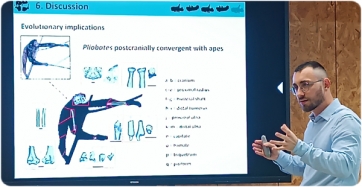
A doctoral thesis analyzes the phylogenetic implications of the craniodental morphology of the primate Pliobates cataloniae
A doctoral thesis analyzes the phylogenetic implications of the craniodental morphology of the primate Pliobates cataloniae
12 Jun 2024
211 times
The researcher from the Institut Català de Paleontologia Miquel Crusafont (ICP), Florian Bouchet, defended his doctoral thesis today. His research focused on analyzing the craniodental morphology of Pliobates using advanced techniques such as computed microtomography and three-dimensional geometric morphometrics to clarify the systematic status and closest phylogenetic relationships of this…
A new study published in Historical Biology describes the remains of a crocodyliform found in the mid-20th century in Pallars Jussà (Catalonia, North-East Spain). This analysis reveals that this specimen, dating back around 70 million years, belonged to a different species from the ones already known from the nearby coeval…

